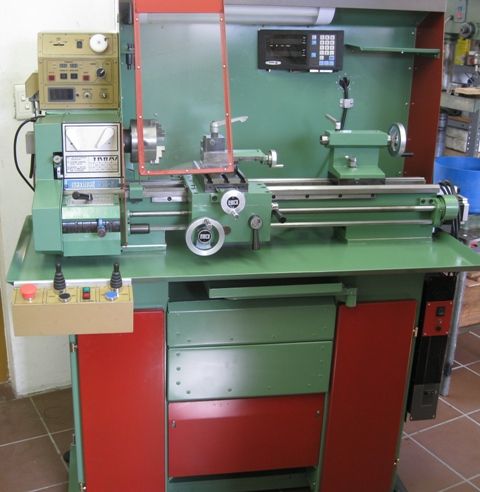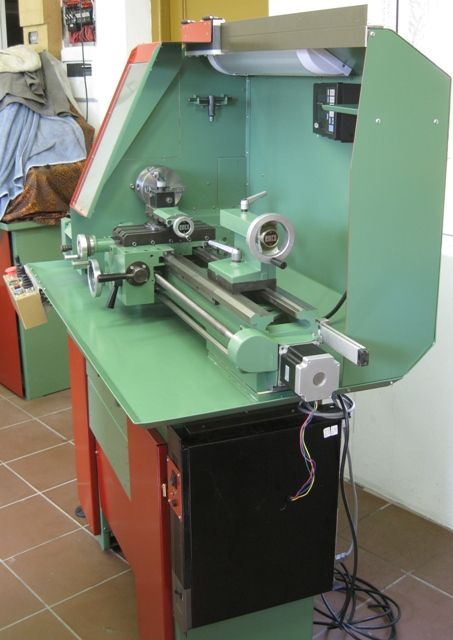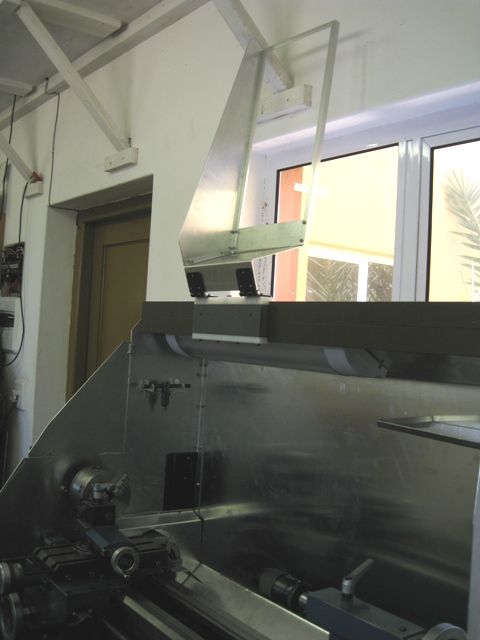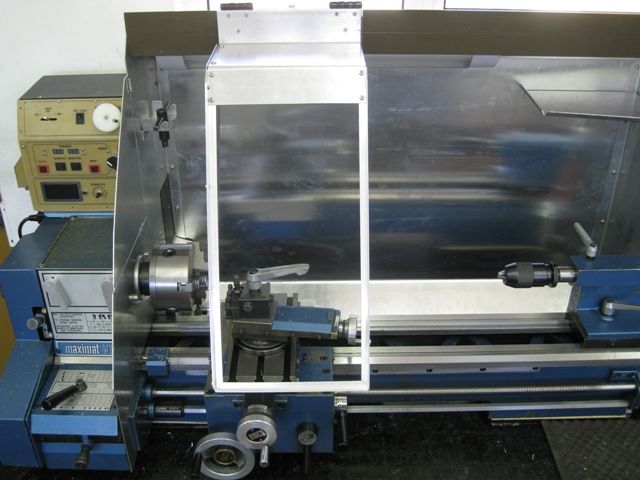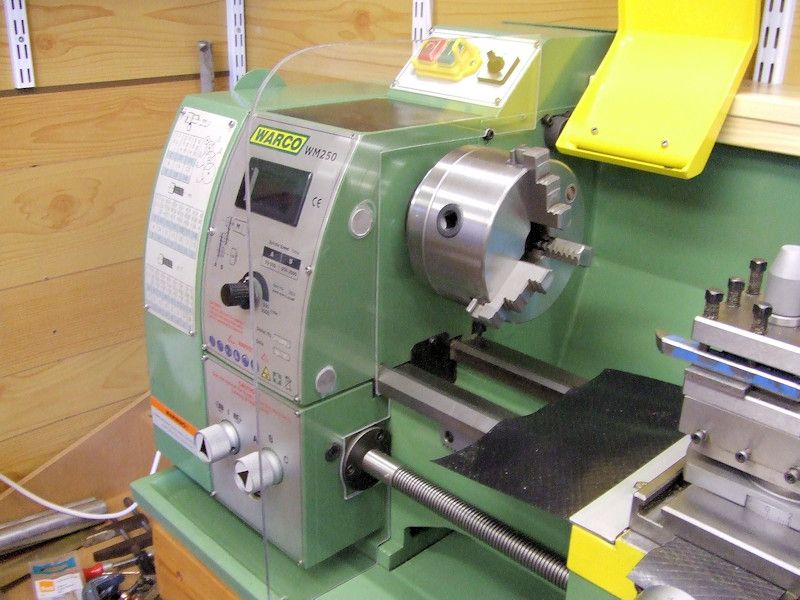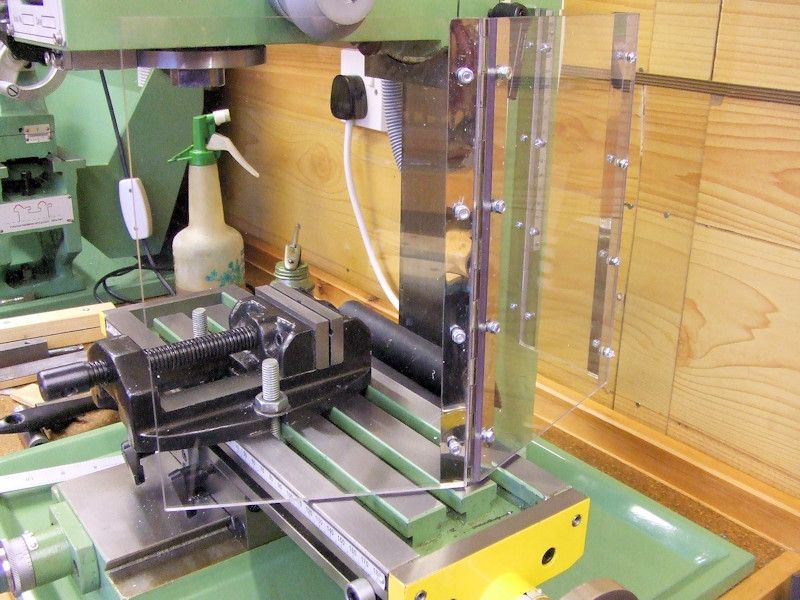Material for swarf guards
Material for swarf guards
- This topic has 19 replies, 15 voices, and was last updated 3 November 2017 at 18:14 by
Martyn Duncumb.
Viewing 20 posts - 1 through 20 (of 20 total)
Viewing 20 posts - 1 through 20 (of 20 total)
- Please log in to reply to this topic. Registering is free and easy using the links on the menu at the top of this page.
Latest Replies
Viewing 25 topics - 1 through 25 (of 25 total)
-
- Topic
- Voices
- Last Post
Viewing 25 topics - 1 through 25 (of 25 total)
Latest Issue
Newsletter Sign-up
Latest Replies
- 50,000 Ton Press
- Shop Tips
- Wheel and track standards
- Arduino controlled stepper motor for Mill X-axis drive
- Motor bearings and more
- Colchester Chipmaster tailstock shimming
- Mounting chuck directly to rotary table.
- Air source heat pumps
- Building Bernard Tekippe’s Precision Regulator
- Source of 8mm Dia flexible stainless steel tubing



